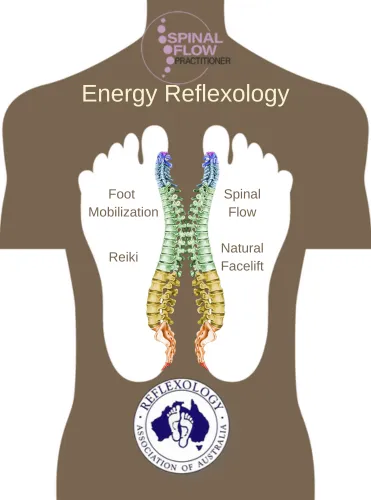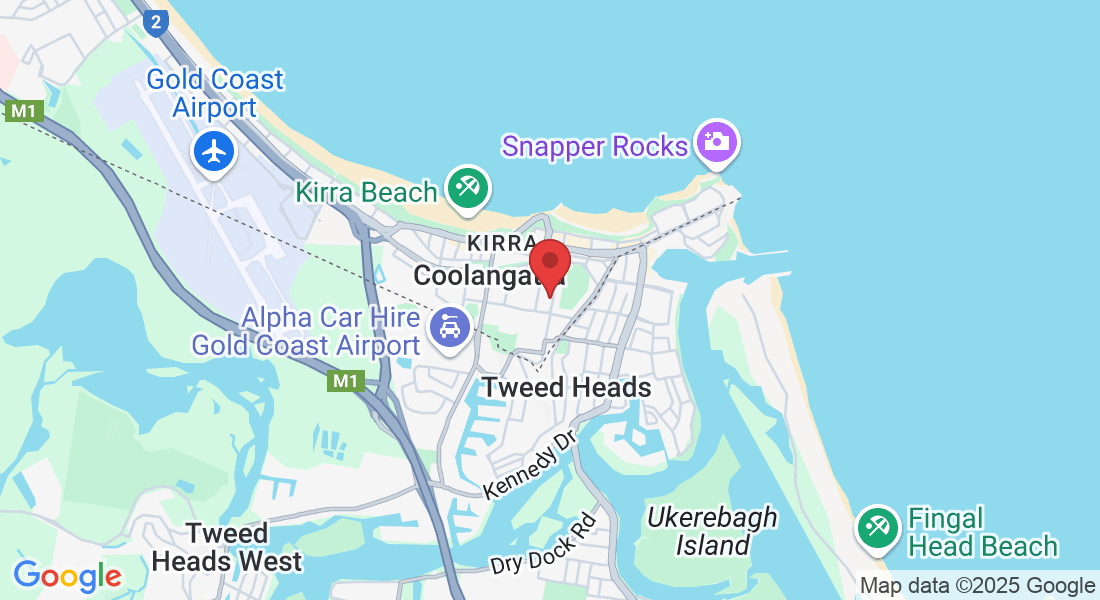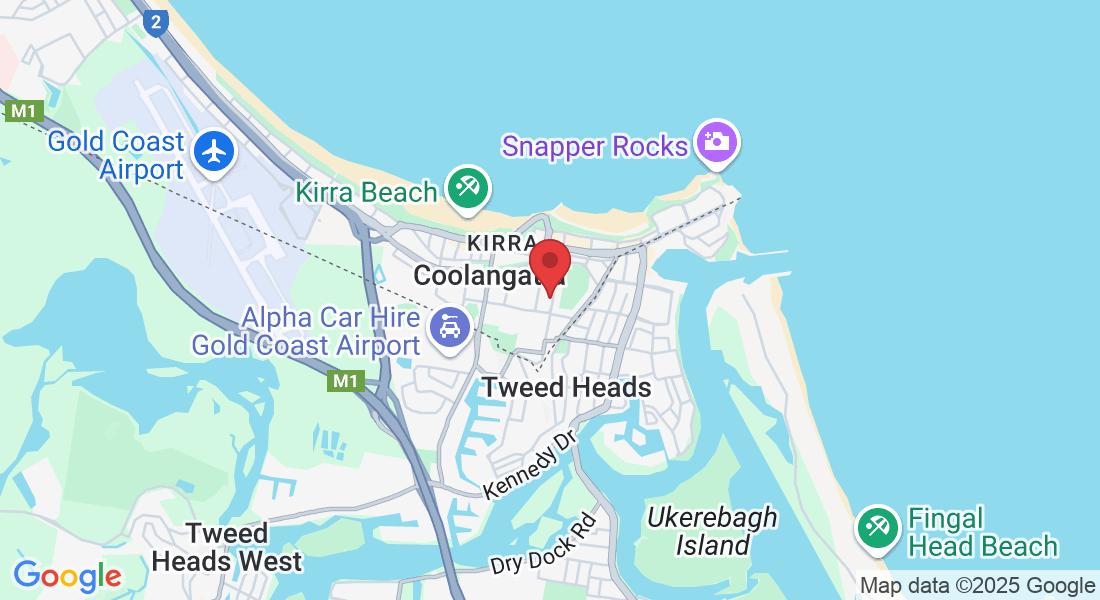How Can I Help
FIND YOUR WAY
Every person who walks through my door brings a different story
and every session is tailored to support you where you are.
Whether you're dealing with physical pain, emotional stress, fatigue, hormonal
shifts, or neurological conditions, I offer a range of gentle, natural
therapies to help your body and mind find balance again.
Explore the therapies below to learn how we can work together toward your wellbeing
Not Local?
You can also explore my gentle and empowering online courses designed to
support women from midlife to beyond
Reiki is also supportive, no matter where you are in the world.
Explore at your own pace, in your own space
How Can I Help
FIND YOUR WAY
Every person who walks through my door brings a different story
and every session is tailored to support you where you are.
Whether you're dealing with physical pain, emotional stress, fatigue, hormonal
shifts, or neurological conditions, I offer a range of gentle, natural
therapies to help your body and mind find balance again.
Explore the therapies below to learn how we can work together toward your wellbeing
Not Local?
You can also explore my gentle and empowering online courses designed to
support women from midlife to beyond
Reiki is also supportive, no matter where you are in the world.
Explore at your own pace, in your own space
Reiki
Reiki is always present during any treatment. It is an intelligent healing energy. It can be done hands on you or distant healing no matter where you are in the world.
It is intuitive and knows where to go to support you. During a Reiki session, you find yourself in a meditative state. Reiki clears stuck energy. This eases trauma, anxiety, stress and a wide range of physical issues. By promoting deep relaxation and restoring energetic balance, Reiki helps reduce stress, ease pain, and improve physical and emotional well-being, fostering a harmonious connection between body and mind.
Reflexology
Reflexology is a gentle, holistic therapy that supports the body as a whole, helping to ease stress, pain, restore natural balance in all body systems.
It’s based on the principle that reflex points in the feet, hands, face, and ears relate to all organs, glands, and systems. By applying gentle pressure to these areas, reflexology supports nerve pathways, boosts circulation, and encourages the body’s natural healing response—bringing both physical and emotional relief.
Neuro-Reflexology
Neuro-Reflexology supports the brain through facial and cranial reflex points, helping ease overthinking, stress, anxiety, and emotional imbalance, ease ADHD, epilepsy and addiction.
Specific Neuro-Reflexology techniques support people with Dementia, Alzheimer’s and Parkinson’s disease.
This deeply calming technique promotes mental clarity, emotional resilience, and a sense of balance by gently stimulating the nervous system and cognitive function
Spinal Flow
Spinal blockages caused by stress disrupt our nervous system, affecting recovery. Spinal Flow gently releases these blockages, enhancing your body's intelligent ability to heal from emotional, physical, and chemical stress. By releasing stress stored in the spine, I support your intelligent body to help restore the flow of healing through every vertebra in the spine and to every cell in the body. This allows the body’s innate intelligence to heal pain, illness and disease.
Foot Mobilization
Foot mobilization is a specialized technique designed to alleviate pain and discomfort in the feet, addressing conditions like bunions and plantar fasciitis. By gently manipulating and rejuvenating the feet, this method enhances mobility and improves balance, making it an excellent choice for those with foot issues or athletes seeking to optimize foot health. Ideal for relieving various foot-related discomforts, foot mobilization helps restore foot function and support overall well-being.
Women's Health
Women's health benefits immensely from Reiki, Reflexology and Spinal Flow. This is very helpful through all life stages like menstrual cycles, conception, pregnancy, and menopause, as stress is released, and hormones are balanced. The treatments ease transitions and alleviate discomforts and symptoms associated with each phase. Great benefits include toxin removal, balancing hormones, stimulating the reproductive glands, supports conception and eases hot flushes.
Reflexology Lymph Drainage
Reflexology Lymph Drainage (RLD) is a research-backed technique that stimulates the lymphatic reflexes in the feet using specific techniques. This enhances lymph flow throughout the body, promoting lymphatic system health. This helps flush toxins, waste and excessive fluid from all cells, alleviating swelling, pain, and discomfort, offering significant benefits for various health conditions, improving bodily functions and well-being.
Natural Facelift
The Natural Facelift Method enhances skin elasticity, boosts the production of elastin and collagen which rejuvenates the skin and makes it healthier with an improved radiant look. Lymphatic flow is stimulated, clearing congestion and toxins in cells, which helps boost blood circulation to reach cells. The session combines Japanese Cosmo Facelifting, Gua Sha, and Facial Cupping. You receive benefits of Facial Reflexology as the whole face is worked on as well as refreshed.
This isn’t a luxury. It’s what your body has been begging for.
Book your first session today and give your body and mind the support they are asking for. Experience how your body and mind will feel, this could already be after the first session, but depending on what is happening for you, it could take a couple of sessions.
Your body knows how to heal — it just needs the right activation.
Reiki
Reiki is always present during any treatment. It is an intelligent healing energy. It can be done hands on you or distant healing no matter where you are in the world.
It is intuitive and knows where to go to support you. During a Reiki session, you find yourself in a meditative state. Reiki clears stuck energy. This eases trauma, anxiety, stress and a wide range of physical issues. By promoting deep relaxation and restoring energetic balance, Reiki helps reduce stress, ease pain, and improve physical and emotional well-being, fostering a harmonious connection between body and mind.
Reflexology
Reflexology is a gentle, holistic therapy that supports the body as a whole, helping to ease stress, pain, restore natural balance in all body systems.
It’s based on the principle that reflex points in the feet, hands, face, and ears relate to all organs, glands, and systems. By applying gentle pressure to these areas, reflexology supports nerve pathways, boosts circulation, and encourages the body’s natural healing response—bringing both physical and emotional relief.
Neuro-Reflexology
Neuro-Reflexology supports the brain through facial and cranial reflex points, helping ease overthinking, stress, anxiety, and emotional imbalance, ease ADHD, epilepsy and addiction.
Specific Neuro-Reflexology techniques support people with Dementia, Alzheimer’s and Parkinson’s disease.
This deeply calming technique promotes mental clarity, emotional resilience, and a sense of balance by gently stimulating the nervous system and cognitive function
Spinal Flow
Spinal blockages caused by stress disrupt our nervous system, affecting recovery. Spinal Flow gently releases these blockages, enhancing your body's intelligent ability to heal from emotional, physical, and chemical stress. By releasing stress stored in the spine, I support your intelligent body to help restore the flow of healing through every vertebra in the spine and to every cell in the body. This allows the body’s innate intelligence to heal pain, illness and disease.
Foot Mobilization
Foot mobilization is a specialized technique designed to alleviate pain and discomfort in the feet, addressing conditions like bunions and plantar fasciitis. By gently manipulating and rejuvenating the feet, this method enhances mobility and improves balance, making it an excellent choice for those with foot issues or athletes seeking to optimize foot health. Ideal for relieving various foot-related discomforts, foot mobilization helps restore foot function and support overall well-being.
Women's Health
Women's health benefits immensely from Reiki, Reflexology and Spinal Flow. This is very helpful through all life stages like menstrual cycles, conception, pregnancy, and menopause, as stress is released, and hormones are balanced. The treatments ease transitions and alleviate discomforts and symptoms associated with each phase. Great benefits include toxin removal, balancing hormones, stimulating the reproductive glands, supports conception and eases hot flushes.
Reflexology Lymph Drainage
Reflexology Lymph Drainage (RLD) is a research-backed technique that stimulates the lymphatic reflexes in the feet using specific techniques. This enhances lymph flow throughout the body, promoting lymphatic system health. This helps flush toxins, waste and excessive fluid from all cells, alleviating swelling, pain, and discomfort, offering significant benefits for various health conditions, improving bodily functions and well-being.
Natural Facelift
The Natural Facelift Method enhances skin elasticity, boosts the production of elastin and collagen which rejuvenates the skin and makes it healthier with an improved radiant look. Lymphatic flow is stimulated, clearing congestion and toxins in cells, which helps boost blood circulation to reach cells. The session combines Japanese Cosmo Facelifting, Gua Sha, and Facial Cupping. You receive benefits of Facial Reflexology as the whole face is worked on as well as refreshed.
This isn’t a luxury. It’s what your body has been begging for.
Book your first session today and give your body and mind the support they are asking for. Experience how your body and mind will feel, this could already be after the first session, but depending on what is happening for you, it could take a couple of sessions.
Your body knows how to heal — it just needs the right activation.
What some of my clients are saying
I suffer from bronchiectasis, a chronic lung condition, and with each reflexology treatment, the lungs clear considerably. Before reflexology, I needed antibiotics on a very regular basis, now it is only 3, maybe 4 times a year. My quality of life has improved dramatically.
Carole A.
The reflexology experience was absolutely amazing, since having the treatment I feel relaxed, de- stressed, focused on my studies. My lower back used to be quite painful and is now pain free. Now that my 6 week treatment session is over I will be a regular client. Thank you Anne.
Michelle
I would like to thank you Anne for the wonderful reflexology treatment you gave me. I can’t believe the amazing feelings I had in my shoulders and arms as you were working on different parts of my feet & the relief I have had since, it is truly amazing, thank you. Looking forward to my next session. Take care
Helen McC.
When I first saw Anne I had been struggling for 9 months to deal with an ‘undiagnosed illness' which had seen me in and out of coronary care 5 times, with pericardial effusions (fluid around the sacs of the heart) and what was thought to be some kind of viral vasculitis that resulted in near organ failure.
The success that I have had with Anne has affected me in every way, I can think of, physically, mentally, emotionally and spiritually. Without Anne I do not know where I would be in my recovery, or even if I would have ever recovered to such an extent. The medical results are clear but my own knowledge of my body and state of mind since working with Anne is testament to her skill and healing capabilities. For me, and my specialists, she has been, in the real sense of the words, a lifesaver.
Jennifer C.
What some of my clients are saying




Get In Touch
Clinic Hours QLD time
Tuesdays & Thursdays
10:00am – 7:00pm
Saturdays: every fortnight 11.00am - 3.30pm
Assistance Hours
Book online or call when it suits you
Phone Number:
+61 417 570 509
After an amazing 22 years in Melbourne, the clinic has relocated to Coolangatta, QLD in 2021
Get In Touch
Clinic Hours
Tuesdays & Thursdays
10:00am – 7:00pm
Saturdays: every fortnight 11.00am - 3.30pm
Assistance Hours
Book online or call when it suits you
Phone Number:
+61 417 570 509
After an amazing 22 years in Melbourne, the clinic has relocated to Coolangatta, QLD in 2021

Copyright 2025 . All rights reserved


